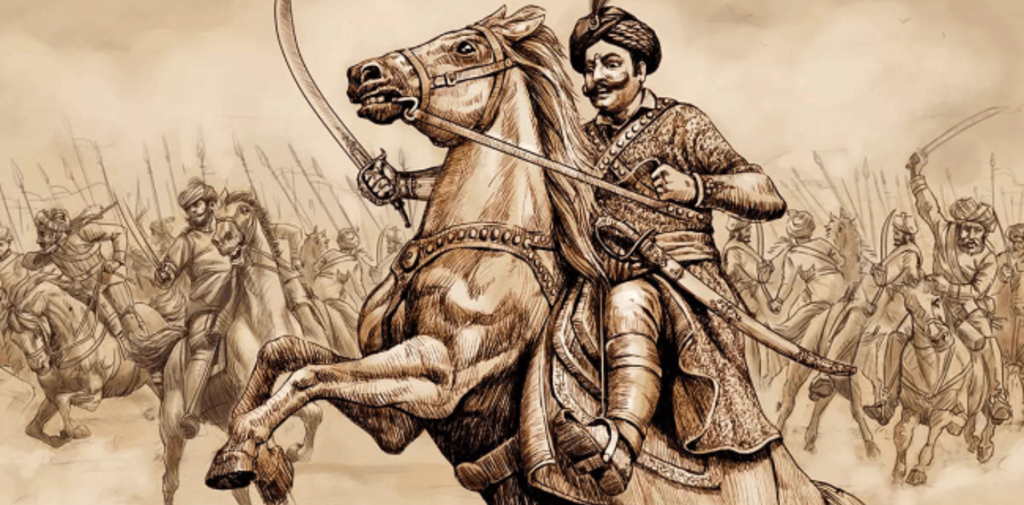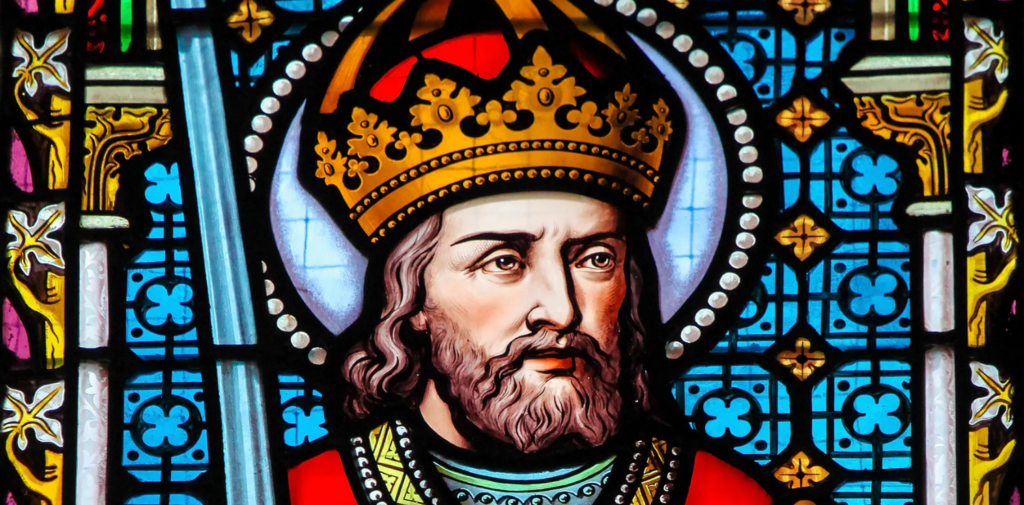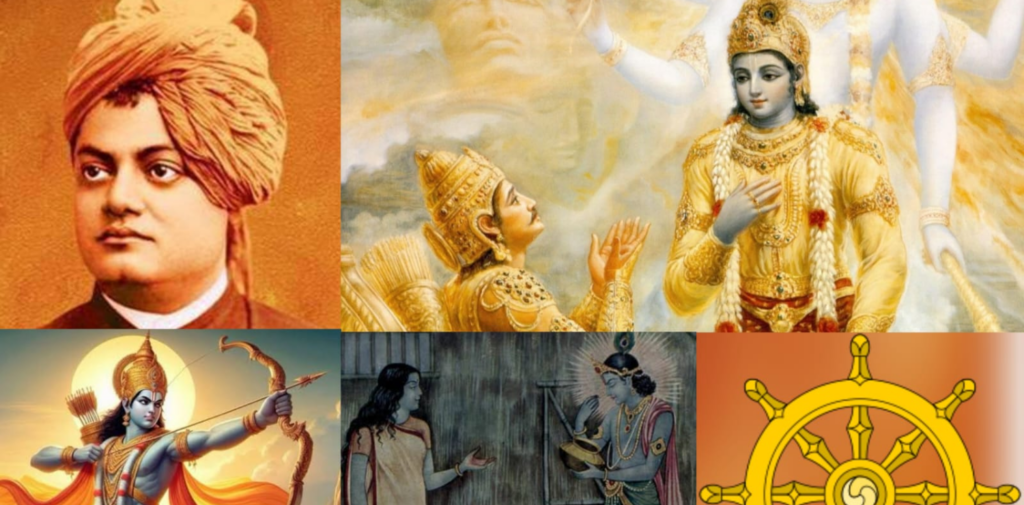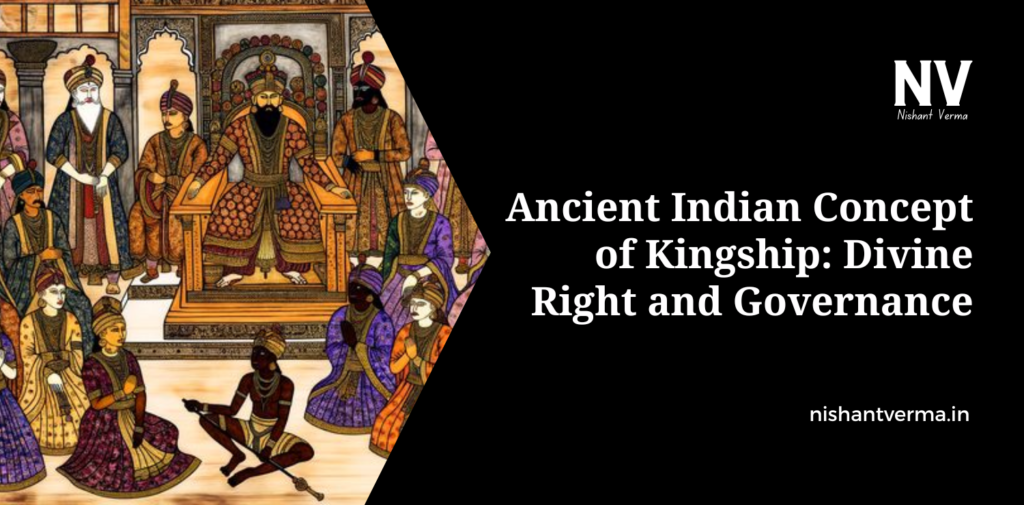Indian Concept of Kingship has a long and rich history, full of kings, emperors, and great rulers. From the Vedic times to the Maurya and Gupta empires, Indian kings played an essential role in shaping the culture, society, and politics of the land. But what made these kings powerful? How did they rule their vast kingdoms? In ancient India, the idea of kingship was not just about power; it was also closely tied to religion and spirituality. This concept is known as the “Divine Right of Kings,” where kings were believed to have a special connection to the gods.
In this article, we will explore how the kings of ancient India were seen as representatives of the gods and how this belief shaped their rule and governance.
The Role of Kings in Ancient India
In ancient Indian society, kings were not just political leaders but also spiritual figures. They were seen as protectors of their people, maintainers of law and order, and promoters of religious practices. The king was the central authority, and his job was to make sure that his kingdom ran smoothly, with justice and fairness.
The idea of kingship in India was based on the belief that the king was chosen by the gods to rule. This made the king’s position sacred, and people believed that the king had a divine right to govern. This concept is very different from what we might think of today when we look at elected leaders. In ancient India, kings were often born into royal families, but their power was linked to the gods’ will.

Divine Right of Kings
The most important idea behind the ancient Indian concept of kingship is the “Divine Right of Kings.” This idea suggests that kings were chosen by the gods to rule the land. It meant that the king had special powers and responsibilities, not just because of his birth but because he was seen as a representative of the gods on Earth.
This belief was deeply connected to the religious and spiritual life of the people. The king was expected to follow the will of the gods and protect dharma (the moral law) in his kingdom. Dharma is an important concept in Hinduism, which means the right way of living. The king had to make sure that justice was done, and that his people followed dharma.
In the ancient texts of India, such as the Mahabharata and Ramayana, kings like Lord Rama and King Yudhishthira are shown as ideal rulers who followed dharma, making sure their kingdoms were just and prosperous.
The King as Protector of the People
One of the most important duties of a king was to protect his people. In ancient India, the king was seen as the “protector” of the land, which included ensuring the safety of his people from invasions, natural disasters, and internal conflicts. The king was responsible for maintaining peace and security.
The king’s role as protector was not just military but also moral. He had to make sure that his people followed the rules of society, and that justice was served. If there were any disputes between people, the king was the one who would settle them. In this way, kings were seen as the guardians of peace and order in the land.

The King’s Connection to Religion
In ancient India, religion and kingship were closely linked. The king was not just a political leader but also a religious figure. He was expected to perform religious rituals to maintain the favor of the gods. Kings often built temples, offered sacrifices, and conducted religious ceremonies to ensure the well-being of their kingdom. This connection between religion and kingship was essential because it was believed that the king’s rule would only be successful if the gods were pleased.
The ancient Indian concept of kingship also included the idea that the king had to be just and virtuous. If the king was corrupt or unjust, it was believed that the gods would withdraw their support, and the king’s kingdom would fall into chaos. The king’s role in upholding dharma (moral law) was considered as important as any military victory.
Governance: The Role of Ministers and Advisors
Though the king was the central figure in governance, he did not rule alone. Ancient Indian kings had a group of ministers and advisors who helped him make decisions about how to run the kingdom. These ministers were often highly educated and knowledgeable in various fields, such as law, administration, and religion.
In the Arthashastra, an ancient Indian text on politics and governance written by the scholar Kautilya (also known as Chanakya), the role of the king’s advisors is emphasized. The Arthashastra explains that the king should listen to his ministers and make decisions based on their advice. This shows that governance in ancient India was not just about the king’s personal decisions but involved the input of knowledgeable advisors to ensure the kingdom ran smoothly.
The Role of the People in Governance
Though the king held the ultimate power, the people of the kingdom also had an important role to play. In ancient Indian societies, there were often local assemblies, councils, or village leaders who helped the king govern. These assemblies would discuss issues related to the welfare of the people, such as agriculture, trade, and public safety. The king would listen to these leaders to make decisions that were in the best interest of his people.
This system of governance helped ensure that the king was in touch with the needs of his subjects. It was believed that if the king did not listen to the people or failed to take care of their needs, he would lose the support of the gods, and his rule would be weakened.

The King’s Duty to Uphold Dharma
In ancient India, the king had a very important duty: to uphold dharma. Dharma refers to the moral and ethical duties that each individual in society is expected to follow. For the king, this meant ruling justly, making sure his people were treated fairly, and protecting the weak and vulnerable.
The king had to be a role model for his people, showing them how to live according to dharma. If the king followed dharma, his kingdom would thrive. However, if he failed to do so, the kingdom would face problems, such as poverty, war, or even the loss of divine favor.
Conclusion: Ancient Indian Concept of Kingship
In ancient India, the concept of kingship was not just about politics or power. It was deeply connected to religion, morality, and the welfare of the people. The king was seen as a divine representative, chosen by the gods to rule with justice, protect his people, and uphold dharma.
This sacred and powerful role made kings in ancient India both respected and feared. They were expected to be wise, virtuous, and strong. In return for their good governance, the king would receive the blessings of the gods, ensuring the prosperity and happiness of his kingdom.
The idea of kingship in ancient India teaches us that leadership is not just about authority, but about responsibility. It is about serving the people, ensuring justice, and living according to higher moral principles. The ancient Indian concept of kingship is a reminder that true leadership is always a mix of power, responsibility, and morality.




